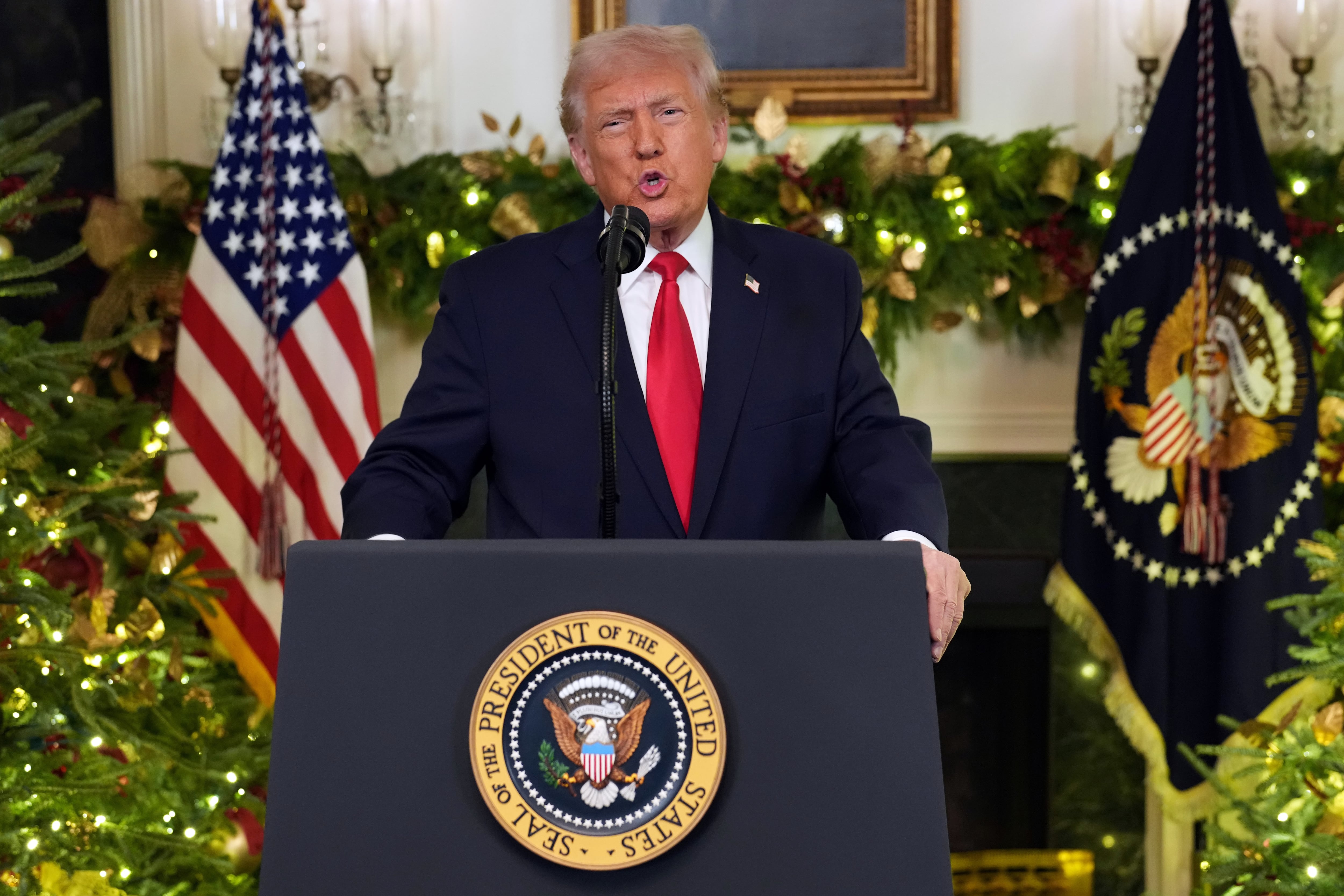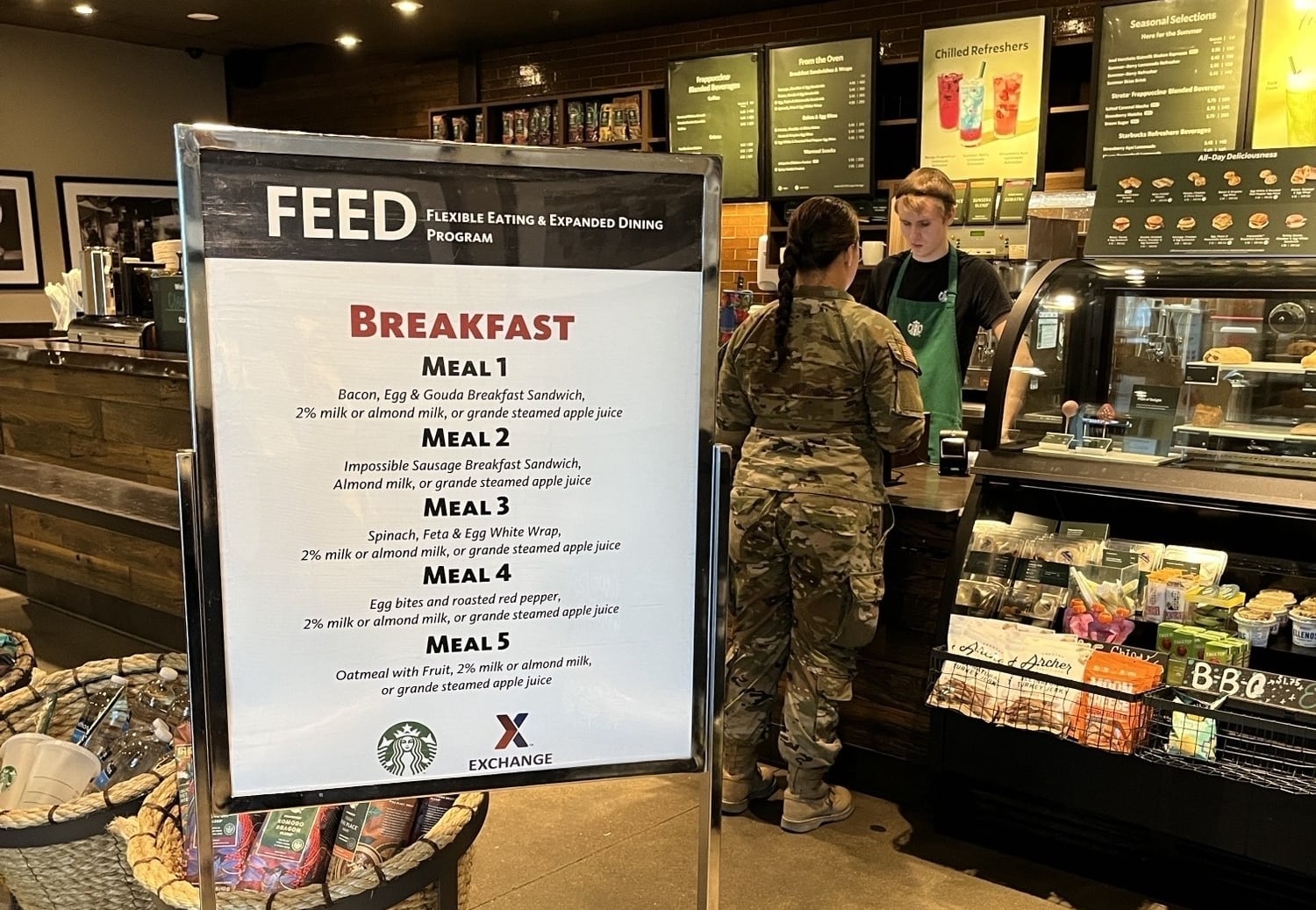A Shift in US National Security Priorities
The Department of Justice (DOJ) issued new guidance following President Trump’s Executive Order designating drug cartels and transnational criminal organizations (TCOs) as Foreign Terrorist Organizations and Specially Designated Global Terrorists. The Trump Administration’s stance represents a pivotal and long-overdue shift in US counter-narcotics and counterterrorism policy.
Cartels and other TCOs have long exploited the sovereignty of countries lacking the capacity or, in some cases, the will to control them. These groups operate with near impunity within the borders of countries like Mexico. In contrast, despite its vast resources and capabilities, the US upholds international norms that respect state sovereignty. Historically, US enforcement efforts relied on coordination with host countries to combat cartels, but this dependence has often been a double-edged sword. While collaboration is essential for effective cross-border operations, it limits the US’s ability to act decisively against these organizations when host governments are unable or unwilling to cooperate fully.
By formally naming cartels and other TCOs as existential threats to national security, the Trump administration elevated them to the same threat level as terrorist groups such as ISIS and al-Qaeda. Just as ISIS destabilized entire regions of the Middle East through violence, terror, and global criminal networks, cartels have similarly evolved into sophisticated, quasi-insurgent entities that undermine governance, fuel mass violence, and wreak havoc on both sides of the U.S.-Mexico border.
Mexican cartels and other TCOs dominate the production and trafficking of fentanyl, heroin, methamphetamine, and cocaine, accounting for over 80 percent of illicit drugs entering the US. Since the early 2000s, over 700,000 Americans have died from opioid overdoses. Beyond drugs, according to a US House Committee on Homeland Security report, in 2021, cartels earned an estimated $13 billion in human trafficking. Of equal importance, thousands of Mexicans—including politicians, students, and journalists—die in battling the counter-narco-terror conflict every year. Mexico has seen more than 431,000 homicides since 2006.
Addressing Near-Peer Competitors and Emerging Threats
President Trump’s executive order characterizes cartels as national security threats that have “functionally controlled nearly all illegal traffic across the southern border of the United States.” These groups are responsible for committing acts of violence that destabilize both Mexico and the US. New Trump directives indicate that halting the flow of fentanyl and other illicit substances is no longer sufficient and instead has shifted focus to the “total elimination” of cartels and TCOs.
In his first administration, President Trump shifted US defense priorities toward countering near-peer competitors. The Trump national security assessment recognized that the post-9/11 focus on counterterrorism, which dominated US defense policy for nearly two decades, had come at the expense of addressing challenges posed by rival nation-states like China and Russia. Trump’s national security plans formalized this pivot, declaring that “inter-state strategic competition, not terrorism, is now the primary concern in U.S. national security.”
The US needed to shift. The global war on terror had achieved significant milestones, including the decimation of ISIS and al-Qaeda’s diminished capacity to carry out large-scale attacks on US soil. The prolonged focus on counterinsurgency campaigns in Iraq, Afghanistan, and elsewhere drained the US and its allies’ resources and attention from emerging threats posed by near-peer competitors. China’s rapid military modernization and economic expansion, coupled with Russia’s aggressive actions in Ukraine and its interference in Western democracies, were seen as existential challenges to American power and influence, both of which continue to exist.
Regardless of the US defense priority pivot from counterterrorism to great power competition, cartels, and TCOs have long exploited a legal and strategic gray area, allowing them to flourish. The lack of clear categorization as traditional criminal enterprises or terrorist organizations enables these groups to operate with relative impunity. The resulting ambiguity in enforcement frameworks creates a vacuum that cartels skillfully exploit to expand influence and power. These organizations have evolved into quasi-governmental entities, controlling vast territories in Mexico, dominating drug trafficking routes, and flooding American communities with lethal substances like fentanyl. Yet, with the US drawing attention back to counterterror groups and including Cartels in TCOs in these groups, the gray area has essentially vanished.
DOJ’s Push for the Elimination of Cartels as National Security Threats
Newly confirmed Attorney General (AG) Pam Bondi issued the latest policy memo outlining its approach to prosecuting cartels and TCOs as a step toward addressing organized terrorist threats requiring the full weight of US national security resources. The memo calls for the complete elimination of cartels and TCOs, highlighting the need for a change in mindset—moving beyond mitigating the damage these groups cause and towards a more aggressive, proactive strategy. It stresses that halting the flow of deadly substances like fentanyl is no longer sufficient; instead, the US must marshal the full resources of the DOJ and empower federal prosecutors to collaborate urgently with the Department of Homeland Security (DHS) and other government agencies to eliminate threats to US sovereignty and national security.
Furthermore, AG Bondi’s directive removes what the DOJ defines as bureaucratic impedances. One of the most significant policy shifts is the prioritization of terrorism-related charges for cartel leaders. Under the new directives, prosecutors can file terrorism charges under 18 U.S.C. § 2339B alongside traditional charges like drug trafficking and racketeering. This change allows for far harsher penalties, including life sentences or capital punishment, for those leading these violent organizations. Prosecutors no longer need to go through the usual lengthy review process before filing charges that could lead to the death penalty for individuals linked to cartels or TCOs. Because these cases are considered urgent public safety threats, the process is streamlined, allowing prosecutors to act more quickly.
Secondly, the DOJ has suspended the approval requirements traditionally administered by the National Security Division for filing most terrorism charges, International Emergency Economic Powers Act charges, and seeking search warrants related to such cases. The suspension significantly accelerates the timeline for terrorism-related cases involving cartels and TCOs. Removing the need for prior authorization from the National Security Division allows prosecutors to file charges, obtain search warrants, and apply for material witness warrants more swiftly. This change eliminates delays in the traditional approval process, enabling law enforcement to act quickly in high-priority cases that pose immediate threats to public safety or national security.
Expanding Legal Tools to Combat Cartels and the Fentanyl Crisis
Under AG Bondi’s leadership, the DOJ is actively pursuing legislative reforms to strengthen its fight against cartels and address the fentanyl crisis. Historically, both Congress and the Executive Branch have been slow to respond to drug-related public health emergencies. For instance, the Food and Drug Administration took nearly a decade to address the deceptive marketing practices of Purdue Pharma, which contributed significantly to the opioid epidemic. In a 2020 press release, the DOJ announced that Purdue admitted to conspiring to defraud the US from May 2007 through at least March 2017 by obstructing the lawful function of the Drug Enforcement Administration. Purdue also admitted guilt in conspiring to violate the Food, Drug, and Cosmetic Act and the Federal Anti-Kickback Statute.
Despite escalating fentanyl-related deaths and economic harm, it was not until October 26, 2017, that Acting Health and Human Services Secretary Eric D. Hargan declared the opioid crisis a public health emergency under President Trump’s first administration. Congress followed a year later with the passage of the SUPPORT Act in 2018, a comprehensive legislative effort aimed at addressing opioid addiction through expanded Medicaid coverage, treatment programs, and harm reduction measures.
While the SUPPORT Act was a step forward, it did not sufficiently address fentanyl’s unique challenges. It neglected to focus on synthetic opioids, failed to implement adequate enforcement measures, delayed funding for harm reduction tools, and did not tackle emerging drug trends tied to fentanyl’s synthetic nature, potency, and ease of production. Congress did take additional steps and passed a temporary scheduling order to classify fentanyl-related substances as Schedule I drugs under the Controlled Substances Act.
These measures were repeatedly extended through continuing resolutions but failed to provide a permanent solution with the 2023 legislation proposal for the Halt All Lethal Trafficking of Fentanyl Act. This resolution seeks to classify all fentanyl-related substances as Schedule I permanently, impose the strictest controls and penalties for trafficking these substances, and streamline research into fentanyl analogs to understand effects and medical utilization better.
However, critics raise concerns about the legislation’s reliance on punitive measures, which could arguably exacerbate racial disparities in the criminal justice system and divert resources from public health solutions. Advocacy groups and some lawmakers call for a more balanced approach prioritizing harm reduction, treatment, and prevention alongside enforcement. Additionally, some scientists warn that permanently scheduling all fentanyl-related substances without evaluating potential benefits could hinder research into life-saving treatments for overdoses.
As of February 9, 2025, the HALT Fentanyl Act has passed the US House of Representatives but has not yet become law. Despite these efforts, critics argue that Congress’s actions have been reactive rather than proactive, allowing fentanyl trafficking and fentanyl-related deaths to escalate dramatically.
Weapons of Mass Destruction
Congress must classify xylazine, a veterinary sedative increasingly discovered in illicit drug supplies, as a Schedule III controlled substance under the Controlled Substances Act. The rising prevalence of xylazine in street drugs, often mixed with fentanyl, results in devastating public health consequences, including overdoses that remain unaffected by naloxone. Federal scheduling would standardize control across states to eliminate critical gaps traffickers exploit, enable more effective testing and interdiction efforts, and empower law enforcement agencies to act decisively.
Additionally, Congress must designate large-scale fentanyl trafficking as a weapon of mass destruction (WMD). Fentanyl’s unparalleled lethality—just two milligrams can prove fatal—and capacity for mass harm make it a clear candidate for WMD classification under federal law. Such a designation would grant federal agencies, including the Department of Defense, Department of Homeland Security, and the Drug Enforcement Agency, the authority to coordinate resources and strategies at an unprecedented level. Furthermore, this policy shift would underscore the gravity of the fentanyl crisis to international partners and adversaries, signaling a commitment to safeguarding US citizens and national security while deterring misuse by malicious actors.
Cumulatively, these legislative actions represent a comprehensive framework to combat the intertwined threats of xylazine and fentanyl trafficking. By classifying xylazine as a controlled substance and designating large-scale fentanyl trafficking as a WMD, Congress would significantly enhance the US’ ability to protect public health, strengthen national security, and assert the needed leadership in the global fight against cartels and TCOs.
Nicholas Dockery is a national security professional and military policy expert. He is a decorated Green Beret and combat veteran—awarded two Silver Stars and two Purple Hearts. He is also a White House Fellow, Wayne Downing Scholar, and a United States Military Academy and Yale University graduate.
The views expressed in this article are those of the author and do not reflect the official position of the United States Government, Department of the Army, or Department of Defense.
RELATED






